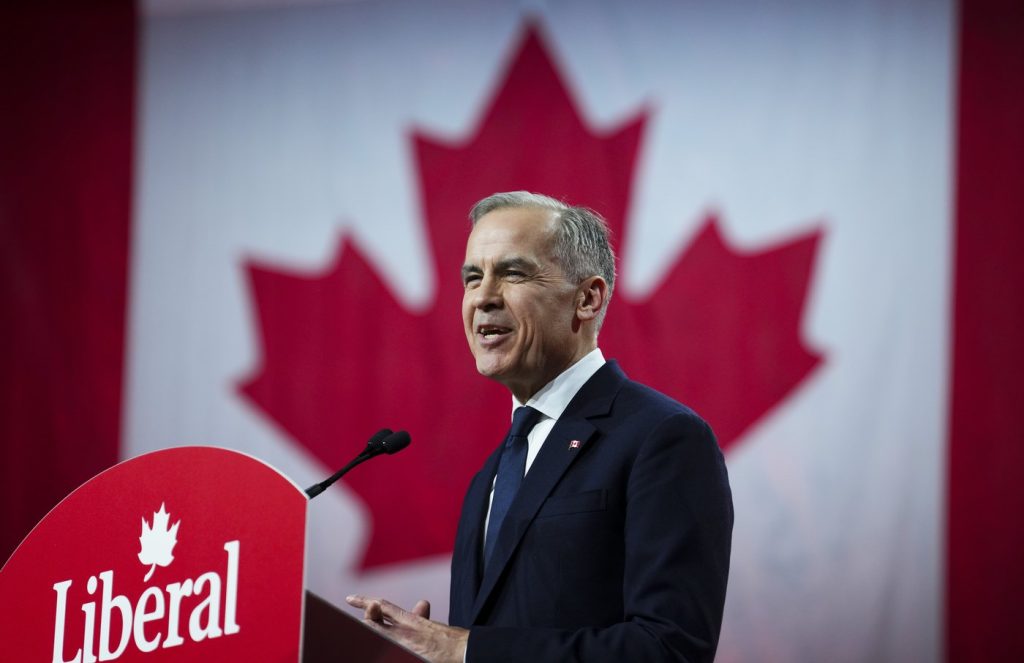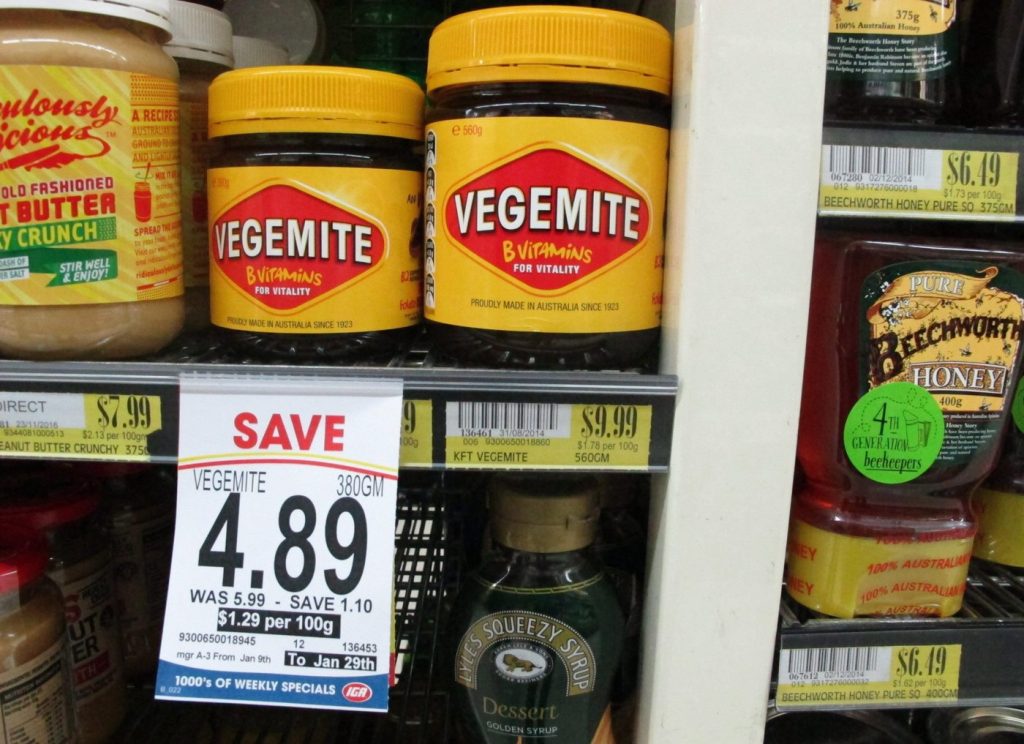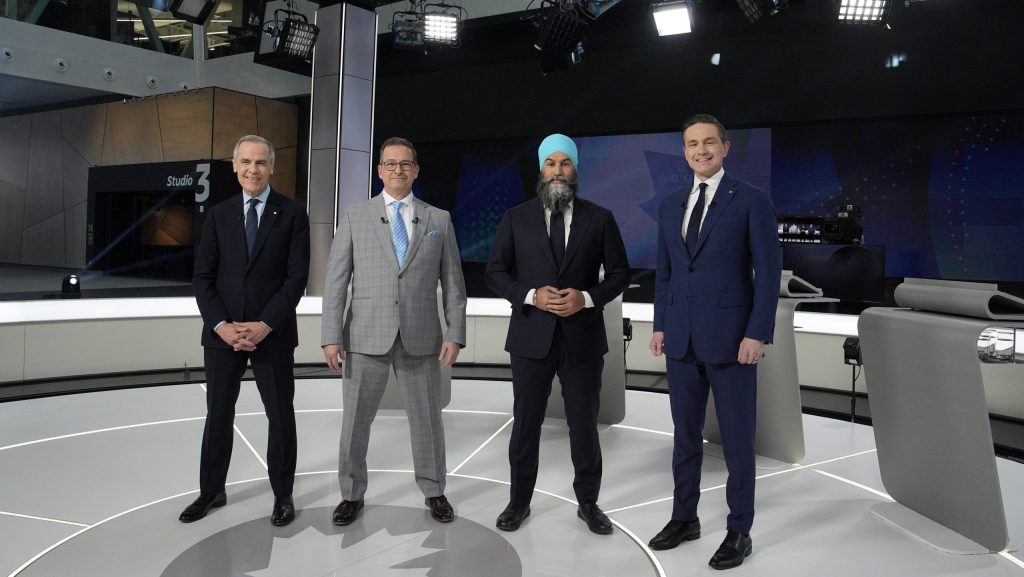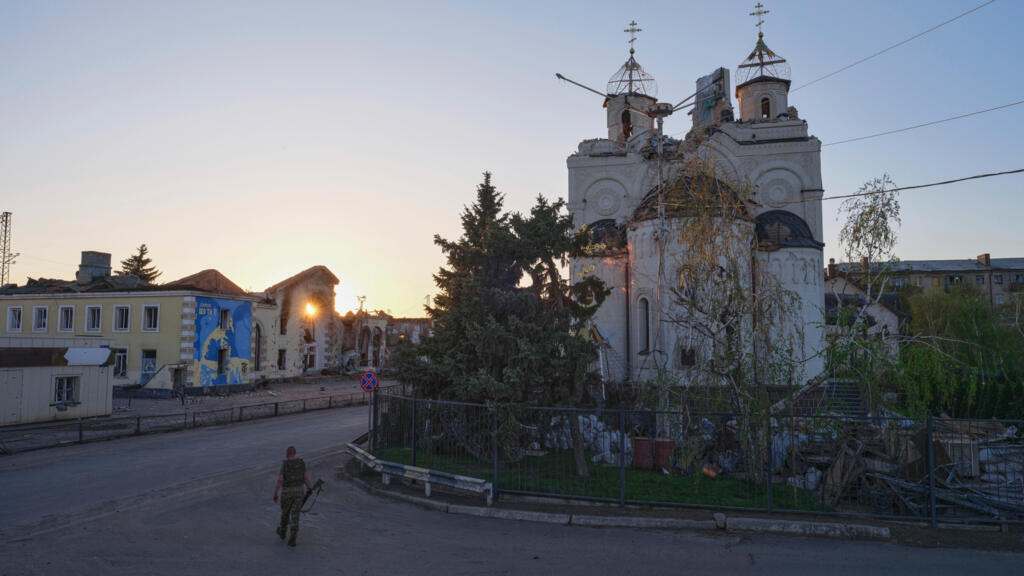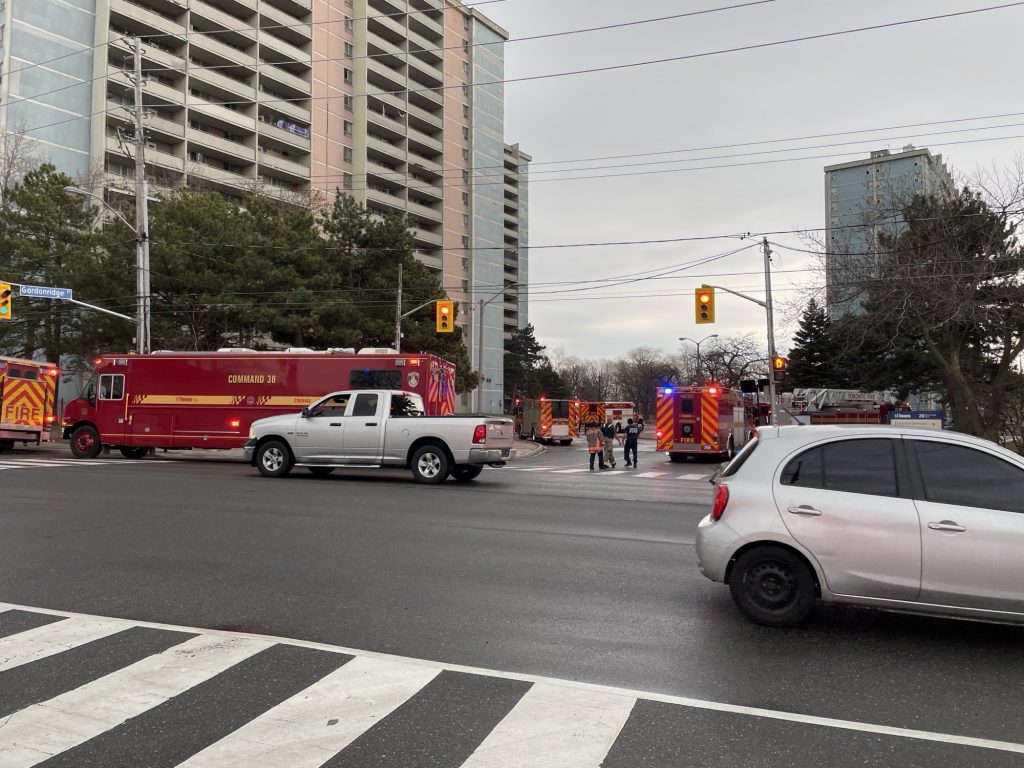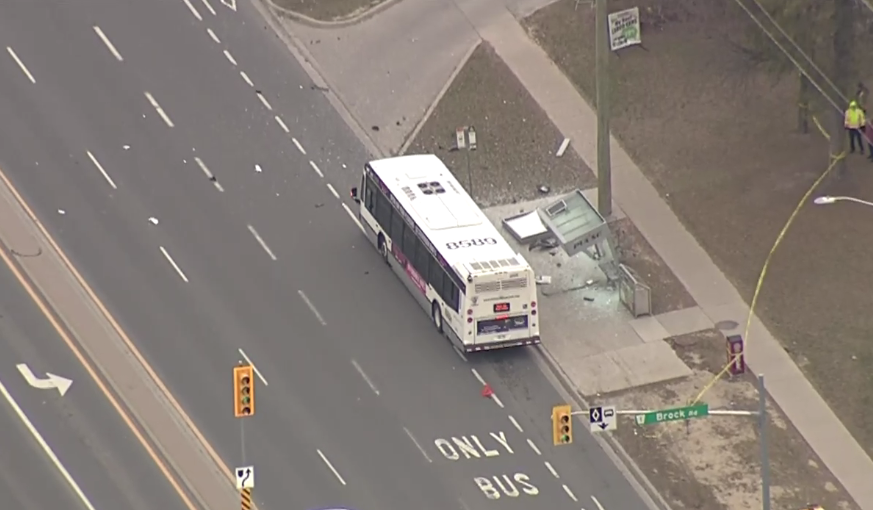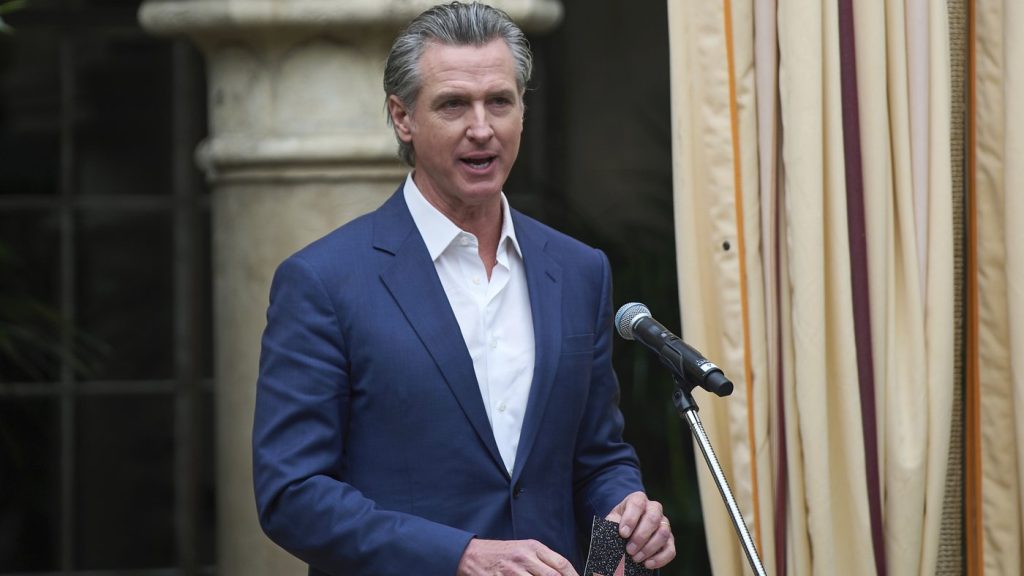As the federal election campaign nears its conclusion with just over a week remaining, both Liberal Leader Mark Carney and NDP Leader Jagmeet Singh have presented their respective costed platforms. These announcements made on Saturday mark significant developments in the election landscape.
The Liberal platform outlines a commitment of nearly $130 billion over the next four years, signaling a notable shift in the party's priorities compared to its 2021 platform under former Prime Minister Justin Trudeau. Central to this platform are four guiding principles: unite, secure, protect, and build. Among the key components are $18 billion allocated for new defense initiatives, nearly $12 billion dedicated to housing, and a projected $20 billion in countertariffs anticipated to be collected this year on imports from the United States.
Furthermore, the Liberal platform pledges to remove federal obstacles to interprovincial trade, streamline the purchasing of Canadian goods by citizens, protect workers against U.S. tariffs, and commit resources to the military while reinforcing the healthcare system. Financially, the government indicates an anticipated budget deficit of $62.3 billion for this year, which is expected to decrease significantly by approximately $15 billion to $48 billion by the fiscal year 2028-29.
In contrast, NDP Leader Jagmeet Singh unveiled his party's costed platform at a rally in Burnaby, B.C., where he characterized the next four years as "rocky and unpredictable." The NDP's platform includes tax reforms, a $7 billion investment over four years aimed at mental health coverage, and a wealth tax targeting individuals with holdings over $10 million, projecting a potential revenue increase of over $22 billion annually. Additionally, the NDP plans to reinstate the capital-gains tax increase that Carney rolled back shortly after taking office.
Singh's platform also proposes enhancements to employment insurance payments, which would be financed through tariffs on U.S. goods, as well as a rebate program for zero-emission vehicles, notably excluding any Tesla models. The party emphasizes that the estimated costs associated with its commitments would be incremental to investments outlined in the forthcoming 2024 Budget and the Fall Economic Statement. The NDP expects its platform would ultimately add approximately $48 billion to the deficit over the next four years, albeit based on various economic scenarios.
The Bloc Québécois has entered the fray by being the first party to reveal its costed platform, which was released on Friday. This document promises $133 billion in new federal spending over a five-year period. Major components of the Bloc's platform include $22 billion for a wage subsidy aimed at addressing impacts from the trade war with the United States and a $15 billion allocation for public transit initiatives. It is noteworthy that the Bloc Québécois fields candidates solely in Quebec and lacks the ability to form a government independently; therefore, its proposals are aimed at influencing whatever party ultimately secures power.
Meanwhile, Conservative Leader Pierre Poilievre, who campaigned in Richmond, B.C., on Saturday, stated that his full platform would be disclosed soon. He indicated that "95 percent" of its content has already been made public, creating anticipation for additional details to be revealed.
As Saturday marked another active day in the campaign, advance polling remains available to eligible voters, who can cast their ballots from 9 a.m. to 9 p.m. local time.


